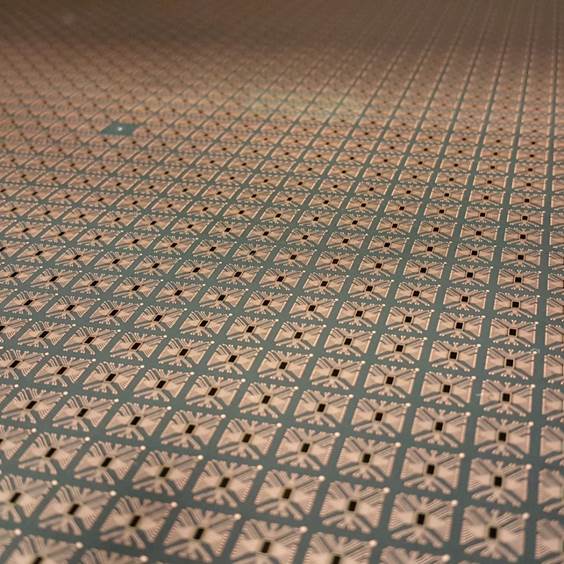Chip Architectures by Joint Associated Labs for European Diagnostics (CAJAL4EU)
- Developing and optimizing innovative biosensors based on semiconductor chips to enable enabling in-vitro diagnostic test manufacturers to rapidly build a variety of new multi-parameter test applications in a robust, user-friendly and cost-effective way
- Developing microfluidic lab-on-a-chip systems for specimen collection and handling
- Integrating the sensors into the lab-on-a-chip environment
- Innovative integration plattform
The objective of the CAJAL4EU project is to develop nanoelectronics-based biosensor technology platforms enabling in-vitro diagnostic test manufacturers to rapidly build a variety of new multi-parameter test applications in a robust, user-friendly and cost-effective way.
Therefore, the main results of this project will be the different technologies developed; sensor technology including bio-chemical functionalisation, microfluidics and related hardware and software drivers. The integrated technology blocks into a generic system solution will be tested in demonstrators to proof integration, cost efficiency and biological application relevance. The project has been performed in close collaboration with end-users and medical companies to realise a valuable impact on the European society and economy.
The CAJAL4EU consortium consists of 25 complementary partners from 8 European countries; with the manpower being equally spread over the different countries. The consortium is industry driven, supported by prestigious universities and institutes.

 Fraunhofer Group for Microelectronics in cooperation with the Leibniz institutes IHP and FBH
Fraunhofer Group for Microelectronics in cooperation with the Leibniz institutes IHP and FBH